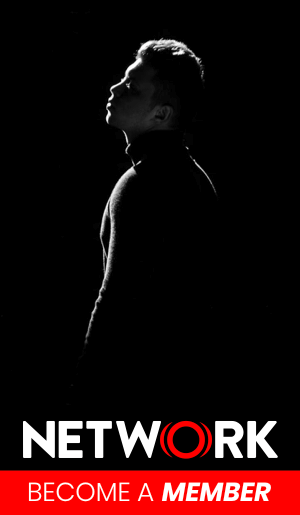Below are 5 important points to note if you are an actor looking to make it big, or enter the film industry to work on professional shoots. There are many mistakes you can make in the early days when doing auditions and this short and simple guide will help you avoid them.
1. Be late
If you are late, it's over. A simple fact about the industry is that time is money, and when you are on the list for an open casting call with hundreds of other actors, being late is an automatic red flag.
Lateness shows character and a lack of compunction to a casting director who has a tight schedule with the pressure to find a good actor for a role.
Whether you are 5 or 15 minutes late, it can spell disaster for your audition so don't be. A good tip is to leave early to make sure you have enough time to get to the venue, so that any eventual hiccups can be avoided, even if they are out of your control. Factor in tube delays, bus cancellations, taxis on strike, or train delays.
2. Be too early
Yes the irony is thick, but being too early is a big mistake. When you arrive too early for your audition it gives you too much time to prepare. It also shows that you are too eager for the part. You may think, "But I am eager for the part. I want to show I am motivated and can do the role." Granted, that is a good positive attitude to have. But if you try too hard, a casting director will feel uncomfortable with you. Make sure to be yourself, and arrive on time. That way, you don't run the risk of over-acting and getting anxious as those 20 long minutes pass by.
3. Say I can't improvise
If a casting director asks you to improvise a scene, and you can't, it's over. Improvisation is one of the most important exercises you can do to show off your acting skills. If you refuse or don't know how to do this, you need to learn it.
Improvisation shows character, your ability to think on your feet, and your natural ability to take on personality traits in a high-pressure situation. A casting is a perfect environment to test you to the limits, with people you don't know in a new setting. Concentration is key, and if you can't improvise on the spot, it is very difficult to get even a small role. As an actor you will always have to perform in front of people, even if on set, and if you feel uncomfortable with people you don't know, it will be very hard for you to become a good actor.
4. Not learn the lines
Not learning the lines is incredibly offensive to a casting director because it shows that you don't like the role and that the audition is of little importance. If you have a very poor memory, make sure you rehearse over and over again until its perfect.
You may feel that for a student movie, or a very low budget movie, it's ok to forget the lines and improvise instead, but this wont work in your favour. Learning the lines also helps you learn about the character you are portraying.
5. Ask to read a rehearsed script
When you go for an audition, it is difficult for a casting director to appreciate a performance from material they haven't studied. If you turn up for an audition and ask to read out a performance you have practiced, in general for auditions, this is not a good idea. For one thing, it has nothing to do with the role you are hoping to get, and second, the casting director can't make a judgment of your character based on something they don't understand.
You may have a very well rehearsed piece that could show great acting skills, but when you audition for a small role, you really want to focus on the qualities you will bring to the character. This is what the audition is for, and ultimately you will reduce your chances as other actors will not do this, and spend more time in the audition to show how great they are for the role.



















